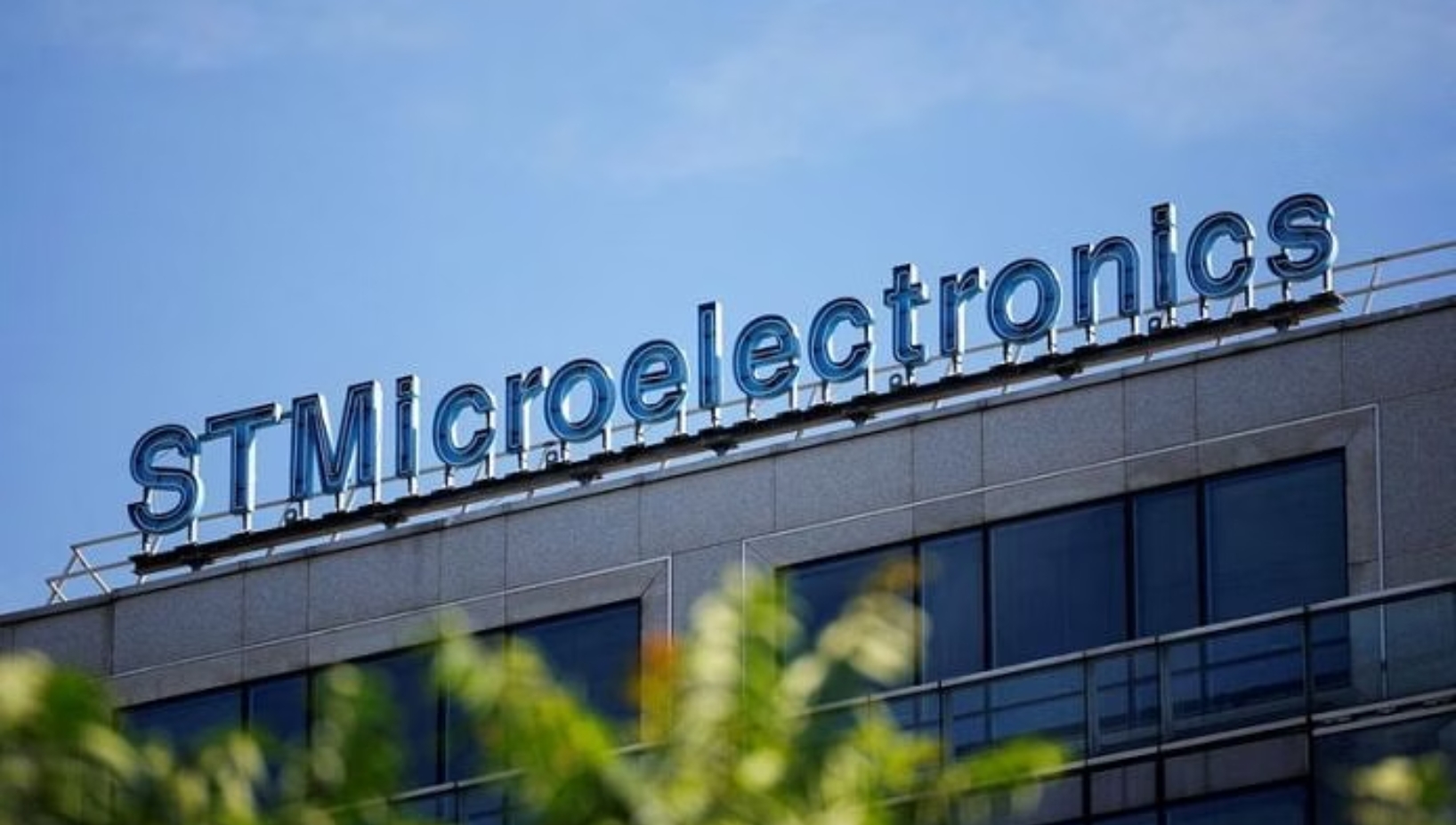The European Commission has approved Italian state aid for STMicroelectronics to build a 5 billion euro ($5.4 billion) microchip facility in Catania, Sicily. This plan attempts to lessen Europe’s reliance on Asian chip imports, especially because of supply chain problems and trade concerns.
The plant, which has received a 2 billion euro subsidy from Rome, will specialise in energy-efficient microchips for electric vehicles, meeting essential needs as the automotive sector shifts to electrification. Growing concerns about Europe’s reliance on Asian chip supplies inspired the EU’s Chips Act, which provides incentives to attract semiconductor producers.
The acceptance of state funding for STMicro’s plant demonstrates the bloc’s commitment to guaranteeing a consistent supply of critical components while reducing reliance on a single supplier. Margrethe Vestager, the EU’s antitrust chief, emphasises the strategic relevance of diversifying chip production capabilities to avoid dependence on a single source.
The factory, which manufactures silicon carbide chips favoured by automakers for their energy efficiency, hopes to solve the current slowdown in the electric vehicle market and predicts higher adoption of silicon carbide chips. The project will start production in 2026 and is expected to achieve full capacity by 2033, supplying key customers like Tesla, BYD, BMW, and Renault.















